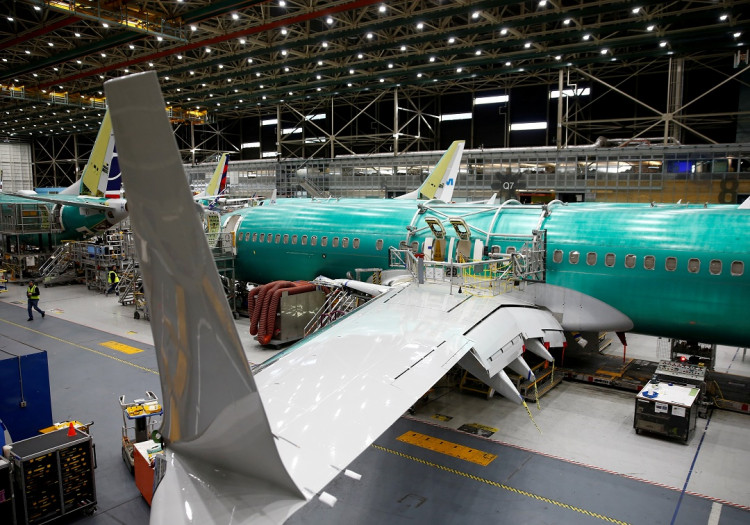United Airlines and Southwest recently announced that they are both extending the grounding of Boeing 737 Max aircrafts. The decision to extend came after the Federal Aviation Administration reported that a new flaw was discovered in the aircraft's flight computer.
Before this extension, Southwest Airlines announced that it is planning to reinstate the 737 Max back into service starting Sept. 2. However, the reinstatement has one important caveat: the plane should be recertified by the FAA. Now that the FAA discovered a new flaw, it will most likely dismiss the certification. Southwest Airline has already announced that it will not use the plant until at least the first of October. This decision will ground at least 150 daily flights.
As for United Airlines, the company plans to ground all 737 Max flights until August 3. Not that a new flaw was discovered by the FAA, the company is extending its flight cancellations until at least the third of September. This will affect at least 40 daily flights for July, and about 60 daily flights come August.
United Airlines, another major American airline company, has set its cancellation date until the third of September. The company has yet to announce whether it will extend this cancellation amidst the discovery from the FAA.
American Airlines spokesperson told The Verge, "Our team continues to work collaboratively with the FAA. At this point, I don't have anything additional to share."
Airline companies around the globe have unanimously grounded the Boeing 737 Max in March. The decision stemmed from two plane crash incidents involving the plane that resulted in 346 deaths. The crashes were just five months apart from each other. According to federal investigations, the crashes were caused by software installed in the plane called the Maneuvering Characteristics Augmentation System or MCAS.
The main role of the MCAS was to assist pilots when the plane comes to a stall. The software was designed to determine whether the plane's nose is pitched too high. Should this happen, the MCAS was programmed to automatically tilt the plane's nose down if its pitch is too far up.
According to the FAA report, Boeing did not properly orient pinots and airline companies regarding how MCAS functions and its use. Allegedly, Boeing did this to bypass the training required to this new technology. Training that will eventually cost the company millions of dollars.






